Language Assessment Fit for the FutureALTE's mission is to set standards for language assessment, sustain diversity of languages (both spoken and signed) through our commitment to multilingualism, and maximise impact of language teaching, testing and assessment in Europe and beyond. Our eighth international conference considers how language assessment shapes, and is shaped, by wider society, in order to be fit for the future in this decade. The theme is divided into three strands.
|
Fit for the Digital AgeThe digital age has been with us for some years now but Covid proved a catalyst for an acceleration of all things digital which reached into language assessment just as it did in many other areas of life. Language assessment bodies needed to change quickly while still having a longer term view of what all this means for the industry and ultimately for the language learner themselves. Papers in this section may include, among other areas: - Technological developments in language assessment; - Automarking; - Auto test construction; - Remote proctoring; - Use of AI; - Ethics in technology. |
Diversity and Inclusion in Language AssessmentLanguage assessment organisations may be prone to criticisms of being too focused on protecting the interests of the culture of large languages. How can we balance the need of assessing standardised languages to prove communication ability, yet recognise the diverse nature of all individuals who use language? How can we protect and advocate those who use a so-called 'minority' language, or those who require additional support when being assessed? How can we keep language assessments ethically, morally, socially and environmentally sound? Papers in this section may include, among other areas: - Making assessment relevant and understood in diverse contexts; - Lesser-used languages, dialects and variants; - Sign languages; - Social justice; - Assessment for immigrants; - Special needs and requirements; - Issues of equality, diversity, inclusion and belonging; - Lifelong learning; - Sustainability. |
Implementation of FrameworksIn language education, frameworks help a common understanding of what may be learnt, taught or assessed. The development and increased use of such tools, notably but not limited to the CEFR, should enable better quality education and assessment for language users. It enables description, explanation and application of constructs of language and even other social, cognitive and cultural behaviours that affect language. Nevertheless, implementation of frameworks come with challenges and these need to be overcome to have benefit for our learners and candidates. Papers in this section may include, among other areas: - Alignment of education and assessment to frameworks; - Application of the CEFR Companion Volume; - Mediation; - Pluriculturalism and plurilingualism; - Adaptations of the CEFR; - Other frameworks for language assessment (e.g. CSE in China). |



